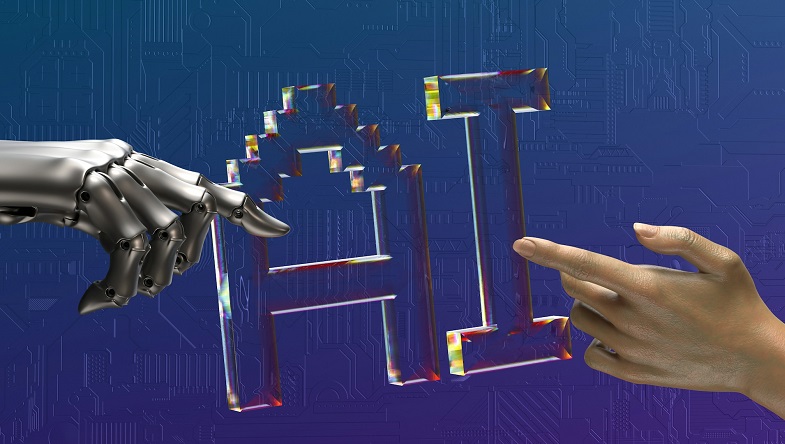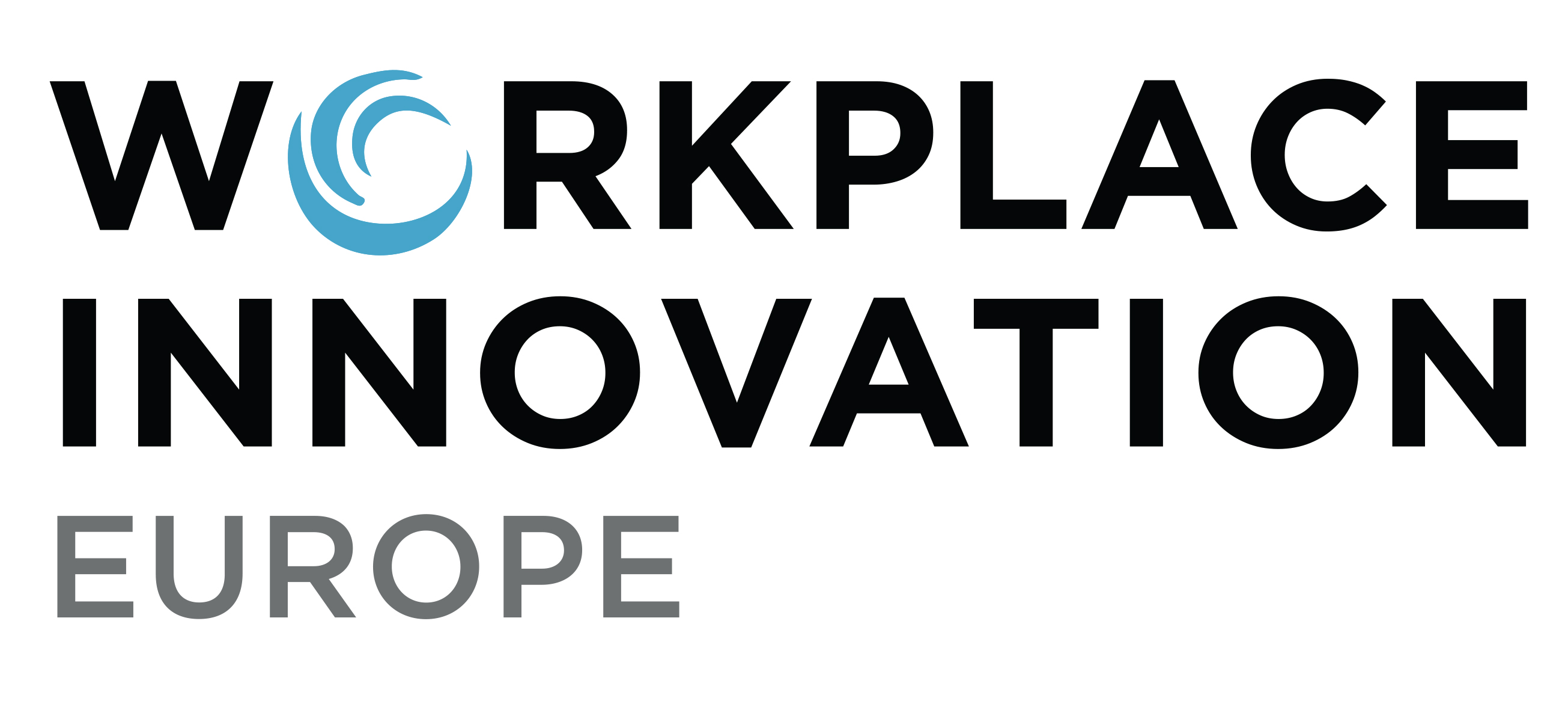As AI becomes increasingly integrated into workplaces, concerns arise regarding its impact on employees’ well-being, productivity, and job satisfaction. This session will review how a human-centric approach to AI can ensure that technological advancements align with the broader goals of Industry 5.0 and promote a more equitable and inclusive work environment. To do this, this presentation gives a conceptual analysis of human-centric approaches to AI in the context of Industry 5.0, emphasising the democratization of the workplace and the holistic integration of technology with human well-being.
Human centricity in AI should not be merely seen as adapting technologies to humans but as promoting broader objectives such as ongoing employee participation in decision-making, continuous learning, and intervention in technological processes.
This presentation will focus on a taxonomy of categorises that demonstrate different approaches to human centric AI, specifically Environmental Design, Technology Accountability, and Human Infused Design. Each of these approaches to human centricity leads to particular solution pathways, including transactional, interventionist, and participatory orientations. This taxonomy serves as a tool for guiding human centric responses to AI implementation in industrial settings, contributing to the development of a more humane and equitable future of work, where technological advancements in AI support, rather than hinder, human flourishing.





